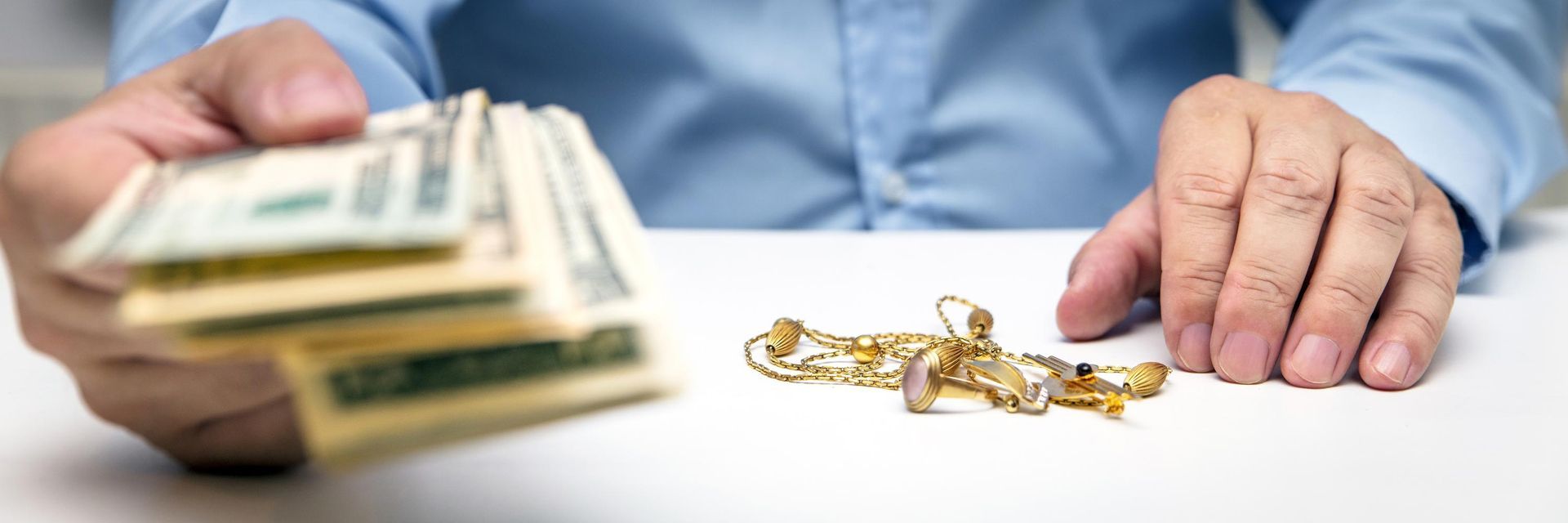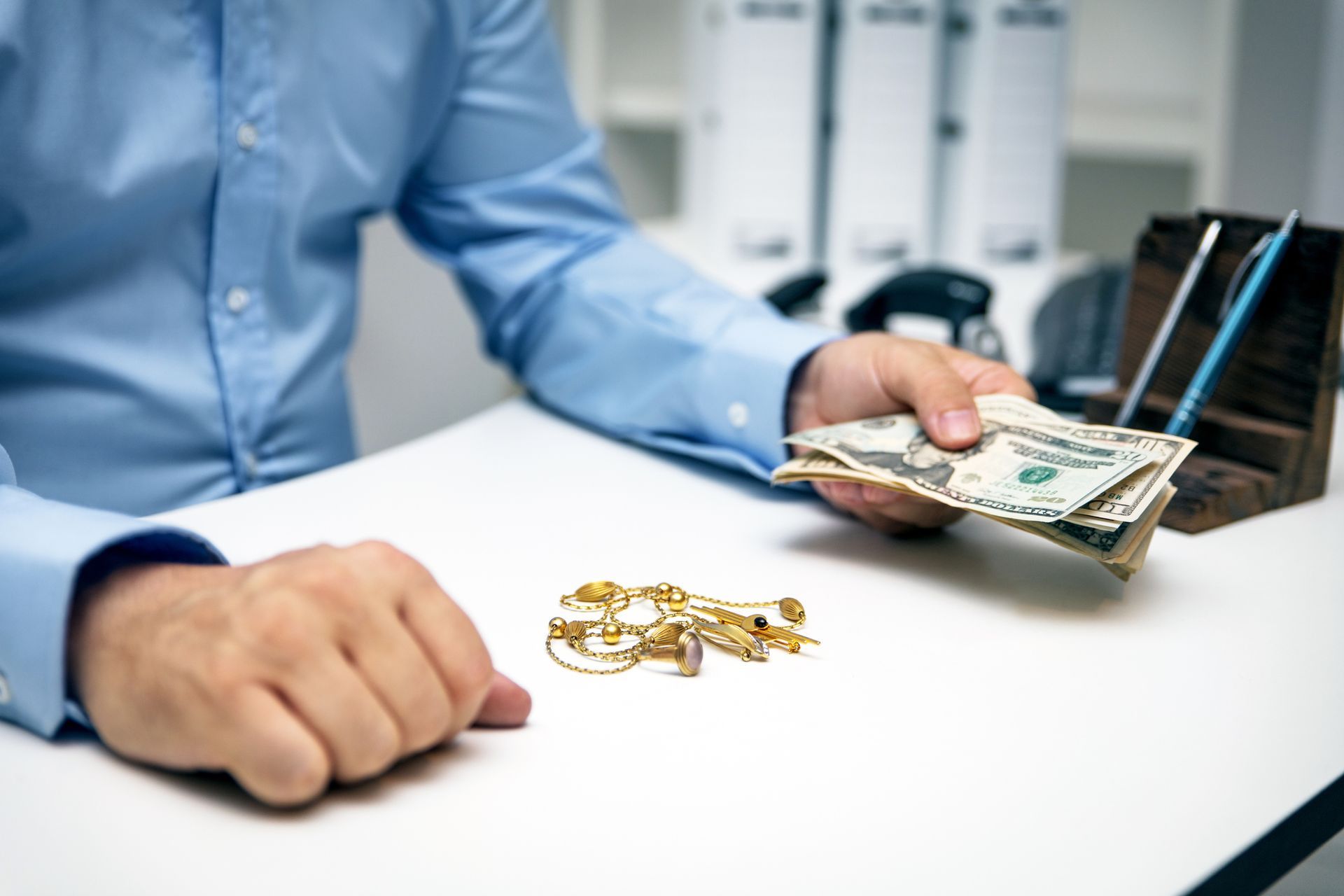Tips for Negotiating at a Pawn Shop
The price of items at pawn shops is rarely fixed. Customers can negotiate with the pawn shop owners to get a lower price. Here are ways to negotiate at a pawn shop and save money.
Know the Difference Between Selling and Pawning
Pawning an item at a pawn shop involves using the item as collateral to secure a short-term loan. The pawnbroker assesses the item's value and offers a loan based on that evaluation. If the owner successfully repays the loan within the specified time frame, they regain possession of their item.
However, if the loan is not repaid within the agreed-upon period, the pawn shop gains ownership of the item. In such a case, the pawn shop can sell the item to recover the loan amount and any additional costs.
In contrast, selling an item to a pawn shop involves a straightforward transaction where the owner sells the item outright to the shop in exchange for cash. The pawnbroker evaluates the item's value and offers to purchase it. The owner can then accept or negotiate the offer.
Do Your Research
Many pawn shops have expanded their operations to include online stores. You can browse the online store and track how long the item has been on sale. As items linger in the inventory, pawn shops may become more flexible with their pricing to facilitate sales. If you're eyeing a specific item, particularly something like a power tool, and you're not in a hurry to purchase, consider the tactic of patience.
Knowing an item's prolonged inventory duration can provide leverage during negotiations when you decide to visit the physical pawnshop to discuss a potential purchase.
Build Rapport with the Pawnbroker
Upon entering, approach the pawnbroker with a warm smile and a friendly demeanor. Introduce yourself with a firm but not overbearing handshake, exuding a genuine interest in their business. While doing so, ask for their name, reinforcing your intention to establish a personal connection.
Throughout the negotiation, employing the pawnbroker's name can foster rapport. Addressing them by name shows respect and indicates that you value the interaction. It creates a sense of familiarity and humanizes the exchange, contributing to a more cooperative atmosphere.
Adjust Your Starting Price
When initiating the negotiation, offering a price slightly below what you're willing to pay or accept is wise. Having a clear understanding of your limits is crucial. Determine your maximum price (for buyers) or minimum price (for sellers) before entering negotiations. This prevents you from getting caught up in the heat of the moment and agreeing to unfavorable terms.
If the item you're interested in has defects or flaws, use these as reasons for a lower price. Honesty is key here – accurately describe the condition of the item. If the pawn shop's counteroffer isn't meeting your expectations, don't be afraid to walk away. Sometimes, this can prompt the shop to reconsider and offer a better deal. Patience is vital; negotiations can be time-consuming, especially when both parties work towards a middle ground.
Ultimately, there might be a need for compromise. Being willing to adjust your price expectations can lead to a mutually beneficial agreement.
Know When to Walk Away
Accepting a deal that grossly undervalues your possession can lead to regret later. In scenarios where the pawn shop is unwilling to engage in any negotiation and presents a "take it or leave it" ultimatum, this stance could indicate an unwillingness to arrive at a fair deal. With numerous pawn shops available, you can explore different avenues to secure a fair deal that aligns with your needs and expectations.
2 J's Pawn & Gun offers expert pawn and gun services in Broward County with over 25 years of experience. We provide secure storage, fair valuations, and a personalized, family-oriented approach to customers. Contact us for quick cash payouts for functional items.









